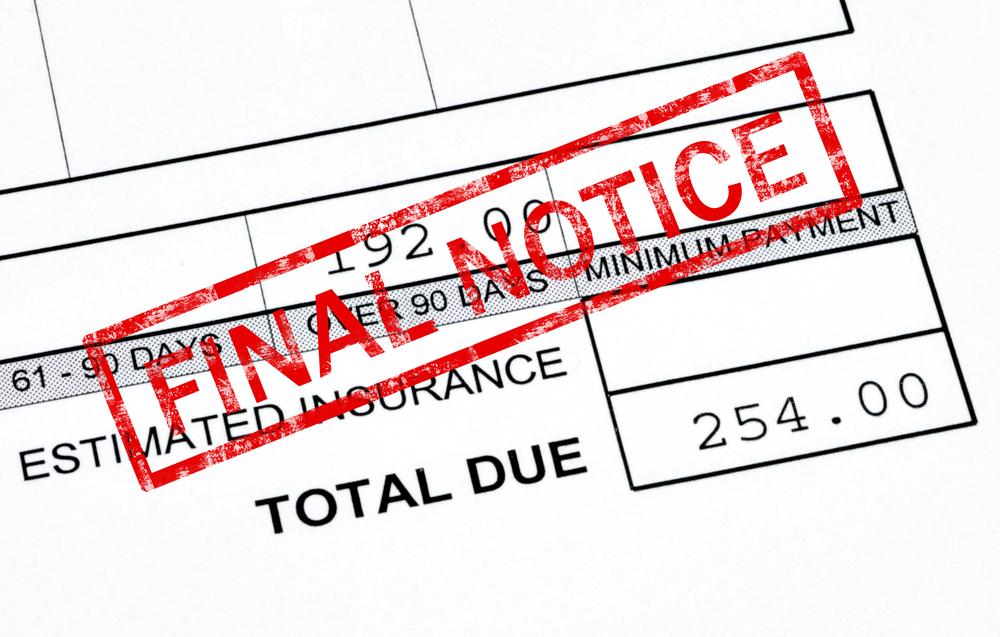Finances
Learn the ins and outs of what you need to have ready to secure funding for your business. We've covered the basics.
Latest: Advice, Tips and Resources
See All Latest
This guide explains when you should send an account to collections and how you should handle the process.

Hiring a collection agency is a big decision, but sometimes it’s a necessary step to be paid what you’re owed. This guide explains what to expect.
1099-MISC and 1099-NEC are IRS forms used to report your taxable payments to non-employees. Learn when each is used and how.

Payroll processing is the procedure for paying your employees. Learn the eight steps involved and other essential payroll processing information.

Pay stubs are an important part of payroll accounting. Learn how to make pay stubs so your employees can track their wages, taxes and deductions.

Creating a payroll budget requires adding the total cost of each employee on your payroll. Learn to conduct this essential aspect of running your business.

A biweekly pay schedule is the most common pay frequency. Here's how your small business can implement it.

Get your customers to pay their bills quickly with these accounting payment terms and strategies.

Direct costs and indirect costs both influence how small businesses should price their products. Here's what you need to know about each type of expense.

Cash flow is critically important to a small business’s survival and success. These cash flow strategies can help you ensure your business has the cash on hand it needs to grow and succeed.

Follow these tips to get a better deal with your credit card processor.

Learn which fees come with accepting credit cards as a form of payment, as well as how your business can reduce those processing costs.

Learn the basics of credit card processing, including fees, transaction types, and pros and cons.

Learn the accounting cycle, an eight-step process for recording and analyzing your company's financial activities to ensure accurate bookkeeping.

Use this handy checklist to divide your company's accounting into daily, weekly and monthly tasks.

When is the right time for your business to hire a CPA to take care of your tax needs? This guide explains how to know when to hire an accountant.

This intro to bookkeeping defines the term and describes how bookkeeping relates to your business’s accounting methods.

This article explains how value-based healthcare improves outcomes and results in happier practitioners and less spending throughout the medical industry.

Learn exactly how to calculate net pay and payroll withholdings for your small business.

Cash basis and accrual basis are two different ways of valuing assets on your business's books. Learn the differences and why they matter.

Before you sign a contract with a credit card processor, you need to know what fees and terms you're agreeing to. Here's what you need to watch out for.

Community banking can be a great option compared to big banks, but what does its decline mean?

Cashless transactions are growing worldwide with a wide range of payment options. Learn the pros and cons of cashless payments and what they mean for SMBs.

POS systems come with various sales reports that provide a wealth of statistics for your business. Learn about POS sales reports and how to interpret them.

POS systems are necessary for any business that sells products. Here is everything you need to know about POS installation.

Interchange fees are costs you pay for processing credit card transactions. See how these fees may impact your small business.

Accountants and bookkeepers are both financial professionals but perform different tasks. This article explains the differences and when to hire each one.

Giving your employees bonuses? Learn how to calculate the proper tax withholdings.

The average small business can only last 27 days without cash inflows. How long would your company make it?

Not sure what bonus depreciation is or how to track it? Learn how to claim bonus depreciation for your business assets in this detailed guide.